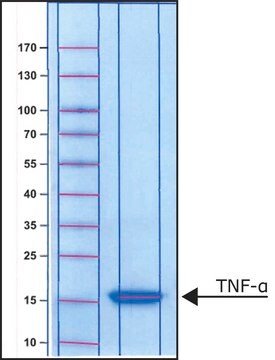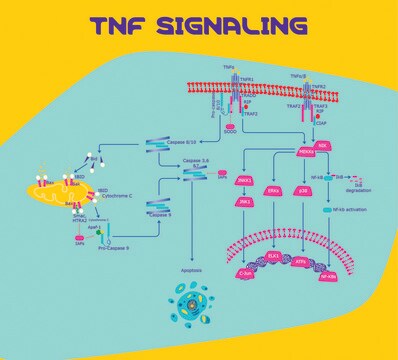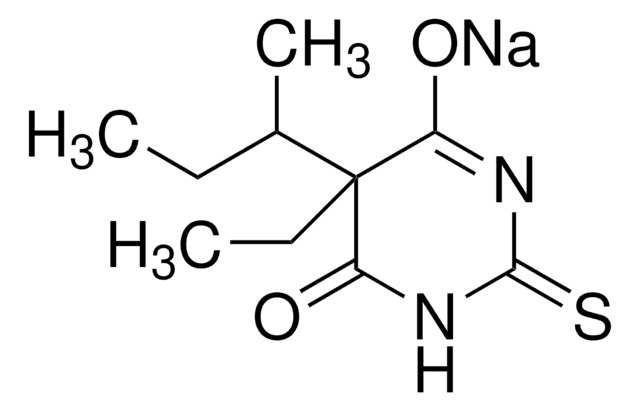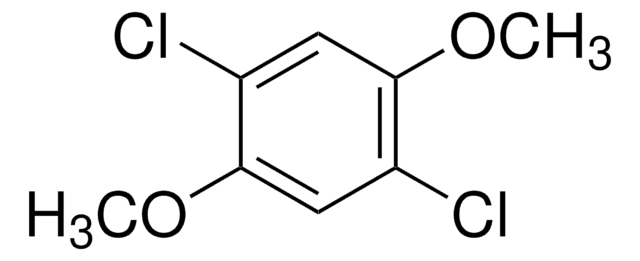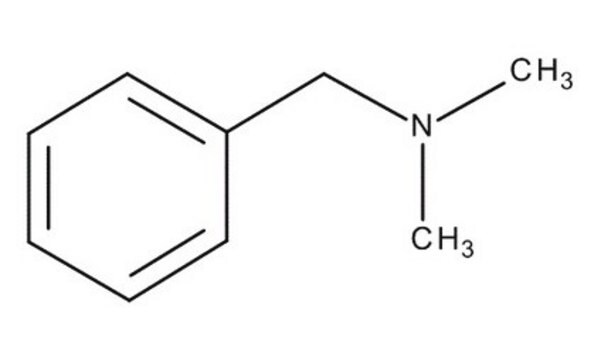U2500
Urethane
≥99%
Sinónimos:
Carbamic acid ethyl ester, Ethyl carbamate, Ethylurethane
About This Item
Productos recomendados
densidad de vapor
3.07 (vs air)
presión de vapor
10 mmHg ( 77.8 °C)
Análisis
≥99%
bp
182-184 °C (lit.)
mp
48-50 °C (lit.)
cadena SMILES
CCOC(N)=O
InChI
1S/C3H7NO2/c1-2-6-3(4)5/h2H2,1H3,(H2,4,5)
Clave InChI
JOYRKODLDBILNP-UHFFFAOYSA-N
¿Está buscando productos similares? Visita Guía de comparación de productos
Aplicación
- Sex differences in cholinergic signaling affect functional outcomes for theta-gamma coordination in hippocampal subcircuits following experimental febrile status epilepticus.: This study uses urethane anesthesia to investigate the impact of sex differences on cholinergic signaling in the hippocampus, shedding light on neurological responses and potential therapeutic targets (Kloc et al., 2024).
- Postinspiratory and preBötzinger complexes contribute to respiratory-sympathetic coupling in mice before and after chronic intermittent hypoxia.: Urethane is utilized in this study to explore respiratory and sympathetic nervous system interactions, providing insights into adaptive physiological mechanisms (Karlen-Amarante et al., 2024).
- Instant clot forming and antibacterial wound dressings: Achieving hemostasis in trauma injuries with S-nitroso-N-acetylpenicillamine-tranexamic acid-propolis formulation.: This paper presents innovative urethane-based wound dressings that offer rapid clot formation and antibacterial properties, crucial for trauma care (Nguyen et al., 2024).
Palabra de señalización
Danger
Frases de peligro
Consejos de prudencia
Clasificaciones de peligro
Acute Tox. 4 Oral - Carc. 1B
Código de clase de almacenamiento
6.1C - Combustible acute toxic Cat.3 / toxic compounds or compounds which causing chronic effects
Clase de riesgo para el agua (WGK)
WGK 3
Punto de inflamabilidad (°F)
197.6 °F - closed cup
Punto de inflamabilidad (°C)
92 °C - closed cup
Equipo de protección personal
Eyeshields, Gloves, type P3 (EN 143) respirator cartridges
Certificados de análisis (COA)
Busque Certificados de análisis (COA) introduciendo el número de lote del producto. Los números de lote se encuentran en la etiqueta del producto después de las palabras «Lot» o «Batch»
¿Ya tiene este producto?
Encuentre la documentación para los productos que ha comprado recientemente en la Biblioteca de documentos.
Los clientes también vieron
Nuestro equipo de científicos tiene experiencia en todas las áreas de investigación: Ciencias de la vida, Ciencia de los materiales, Síntesis química, Cromatografía, Analítica y muchas otras.
Póngase en contacto con el Servicio técnico
